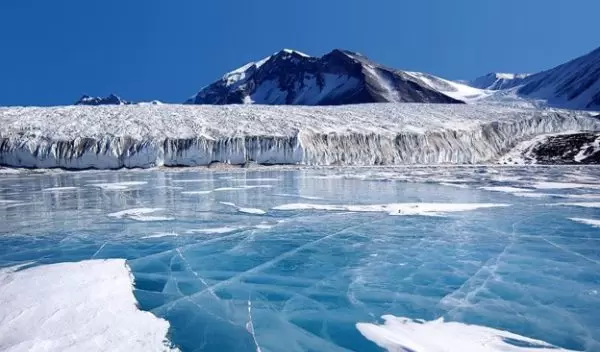
A long-distance connection: Polar climate affects trade wind strength in tropics
It has long been recognized that variations in sea surface temperature in the tropical Pacific affect global climate. The episodic warming of the tropical Pacific during El Niño events causes the melting of sea ice in far-reaching parts of the Southern Ocean through its effect on global atmospheric circulation.
A new U.S. National Science Foundation-funded study, published in the journal Science Advances, demonstrates that the opposite pathway exists as well. Using a hierarchy of climate model simulations, the authors demonstrate the physical pathways by which polar climate variations can affect the trade winds in the tropics.
"Climate signals can propagate from the polar regions to the tropics either via the atmosphere or the ocean," said co-author Malte Stuecker at the University of Hawaii at Manoa. "Our climate model simulations were designed to investigate the relative role of these pathways and whether their importance differs for perturbations originating from the North Pole or the South Pole."
The scientists found that in the most complex model simulations, which include realistic representations of the ocean, atmosphere, land and sea ice, an anomalous cooling in either hemisphere leads to a strengthening of the tropical trade winds.
These effects could potentially explain why the Pacific trade winds were anomalously strong in recent decades.
"If the communication between the poles and the tropics would only occur via the atmosphere, we would see a distinct response in the tropics depending on whether an anomalous cooling arises from the Arctic or the Antarctic," Stuecker said. "That's because the Intertropical Convergence Zone -- the largest rainband on Earth -- is located to the north of the equator. It effectively blocks communication from the Arctic to the equator via the atmosphere."
Added Eric DeWeaver, a program director in NSF's Division of Atmospheric and Geospace Sciences, "The climate system transports energy over great distances to balance gains and losses, so it's not surprising that high-latitude cooling affects the tropics. But this particular effect is surprising."
